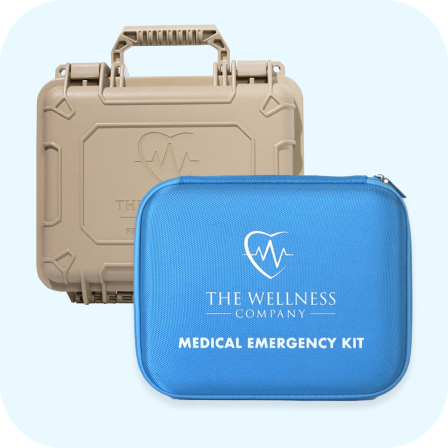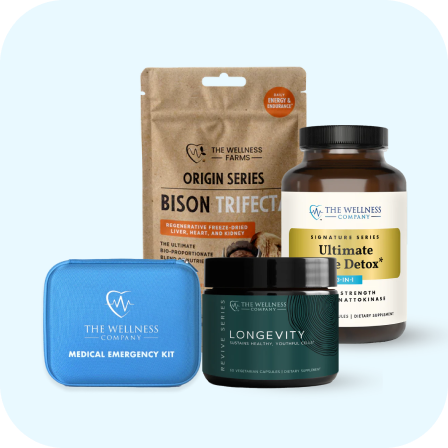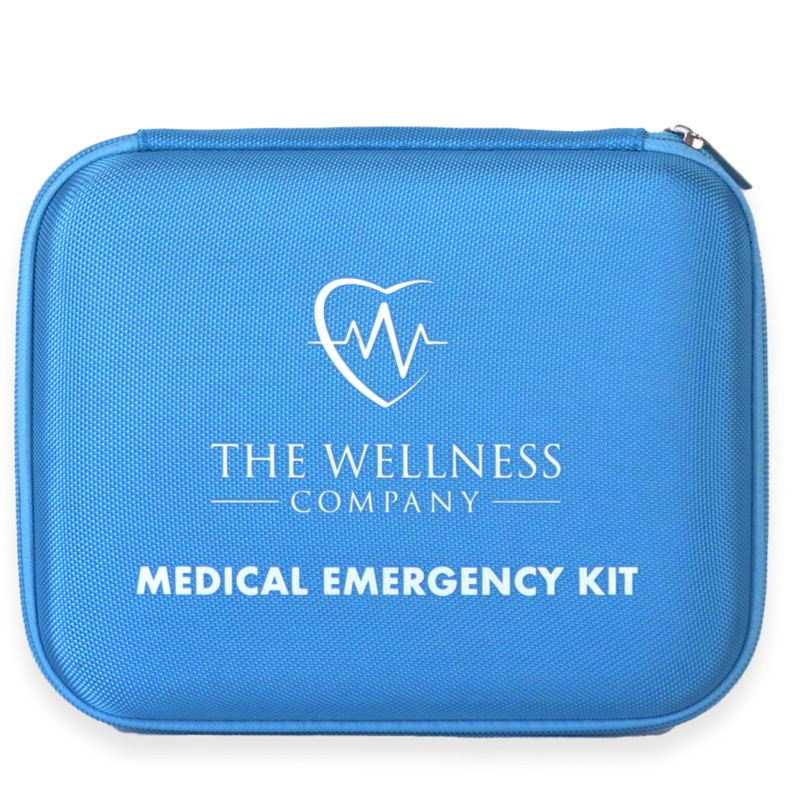Travel to Africa Can be Exciting- but Dangerous If You Aren’t Prepared

With its rich cultural history and geography, Africa is home to the most diverse population in the world.
Africa is home to an estimated 1,500 to 2,000 languages and is the second most populous continent in the world, with over 1.4 billion people spread between 54 countries. Many residents speak 3-4 languages fluently. Indigenous local sign languages are also common in many parts of Africa.
English is not widely spoken, be aware and prepare.
Although English is spoken in about half of the countries in Africa, the English language isn’t as widespread as many may believe. A list of English-speaking countries along with countries that have adopted the English language as their official or secondary language can be found here. Be aware of language barriers and carry a pocket translator (such as a phone app) and plan your travel carefully, especially if you are venturing into remote areas of the continent). A better option may be to hire a translator for the regions you plan to visit.
Where to start? Africa has so much to offer.
A trip to Africa could include:
- A Tanzanian safari
- Visit Morocco, the most popular travel destination North Africa
- Take a dip in the pink lake in Lake Retba, Senegal
- Visit Victoria Falls,(world’s largest waterfall)
- Savor a cup of coffee in Ethiopia where coffee was discovered.
- Or explore the ancient pyramids of Giza and the Sahara Desert.
- Perhaps you are drawn to the South African coastline, where crystal clear water and sandy white beaches await you.
You could spend a month in Africa and not even visit a fraction that Africa has to offer.
However, for all its wonderful attributes, there are a few things you should be aware of.
- Be aware of areas with the reputation that have high crime, and steer clear of these areas. For more information, MSN news has a good article “Safety In Africa: Tips For Staying Safe”.
- For all that Africa has to offer they still suffer from a weak healthcare system.
Healthcare in Africa
Africa has historically experienced a lack of experienced healthcare workers and infrastructure. Organizations such as African Federation for Emergency Medicine are (AFEM) are working with local populations to develop educational programs for medical personnel, to advocate and educate the general public on preventative healthcare and develop polices to support adoption of emergency services throughout Africa.
Even with the efforts of the AFEM and other organizations, Africa lacks a robust healthcare infrastructure. Because of this, it is vitally important that you plan well in advance for your visit to Africa.
Prepare for your trip to Africa
The diversity of culture and once in a lifetime adventures are why people visit Africa. However, this is the same reason it is extremely important to be medically prepared. Language barriers, along with a struggling healthcare system and staff shortages are a very dangerous combination. Since only about half of the countries speak English, it could be difficult or impossible to communicate your needs if you become ill.
One to two months before travel:
- Make an appointment with your care provider. Fill all prescription medications, and check with each countries embassy to know what you can bring, and how it should be labeled, etc. This is a very important step; you don’t want your medication confiscated or be jailed for bringing a controlled substance into another country. Some medications in the States are not considered controlled but could be in other countries.
- Once you have determined that you can bring your medications with you, bring enough medication for at least 2 extra weeks past the scheduled return date. Delays happen, and if you fall ill, you will need your medicines until you are well enough to travel or locate medical care. Have extra insulin and supplies if you are diabetic. If you use insulin or need to bring an EpiPen, check out this highly rated medicine travel cooler to keep your medicine cool and safe.
- Download and print the CDC Yellow Book for travelers. This book lists recommended vaccinations and schedules and provides a wealth of resources for the world traveler.
- Download and bookmark the Africa CDC Weekly Event Based Surveillance Report. This report published weekly is a valuable resource to keep track of trends and outbreaks of diseases in Africa. Africa is currently experiencing outbreaks of measles, dengue, cholera, diphtheria, chikungunya virus, and bacterial meningitis, to name a few according to the CDC Weekly Surveillance Report.
- Schedule an appointment with your local traveler’s immunization clinic to locate your nearest office, the link can be found here: International Society of Travel Medicine
- Get your required or recommended vaccinations. Yellow fever, Hepatitis A and B, typhoid, DPT, MMR may be required or recommended depending on where you plan to travel.
- Purchase adequate comprehensive travel insurance, especially if you plan on visiting remote areas of Africa. The insurance should cover evacuation to the nearest hospital or repatriation to your country in the event of a medical emergency.
- For a trip to Africa, I would advise purchasing both the Travel Emergency Kit and the Medical Emergency Kit (which alone, treats over 30 common diseases). (a recent and ongoing cholera outbreak can be treated with doxycycline, found in the Medical Emergency kit, for example) Africa is home to many different diseases and having a sufficient supply of broad-spectrum antibiotics to treat almost any infection, along with antidiarrheal medications, anti-nausea patches, topical and oral allergy medicines, pain relievers and much more would keep you from having to seek help while on vacation. A virtual physician consultation for a diagnosis and how to use the medications in the kits could save you a trip to the hospital, and may even prove lifesaving.
One month to 2 weeks before travel
- Consult the Africa CDC Weekly Event Based Surveillance Report for updated information and guidance
Pack:
- To prevent vector borne diseases, purchase and pack clothing that covers your arms and legs and choose neutral colors. For example, the Tsetse fly, which carries African Sleeping sickness, (African trypanosomiasis) is attracted to blue colors, and can bite through lightweight clothing.
- Pack mosquito netting
- Purchase insect repellant.
- Water bottle with filter (poor water quality is still a concern in Africa)
- Alcohol wipes to clean surfaces and hands if soap and water isn’t available
- Single packs of electrolyte powder in case of dehydration from heat or diarrheal illness
- Passport and travel documents, along with written prescriptions from your care provider in case your medicine gets lost or stolen. Place these important documents in a weatherproof container.






















